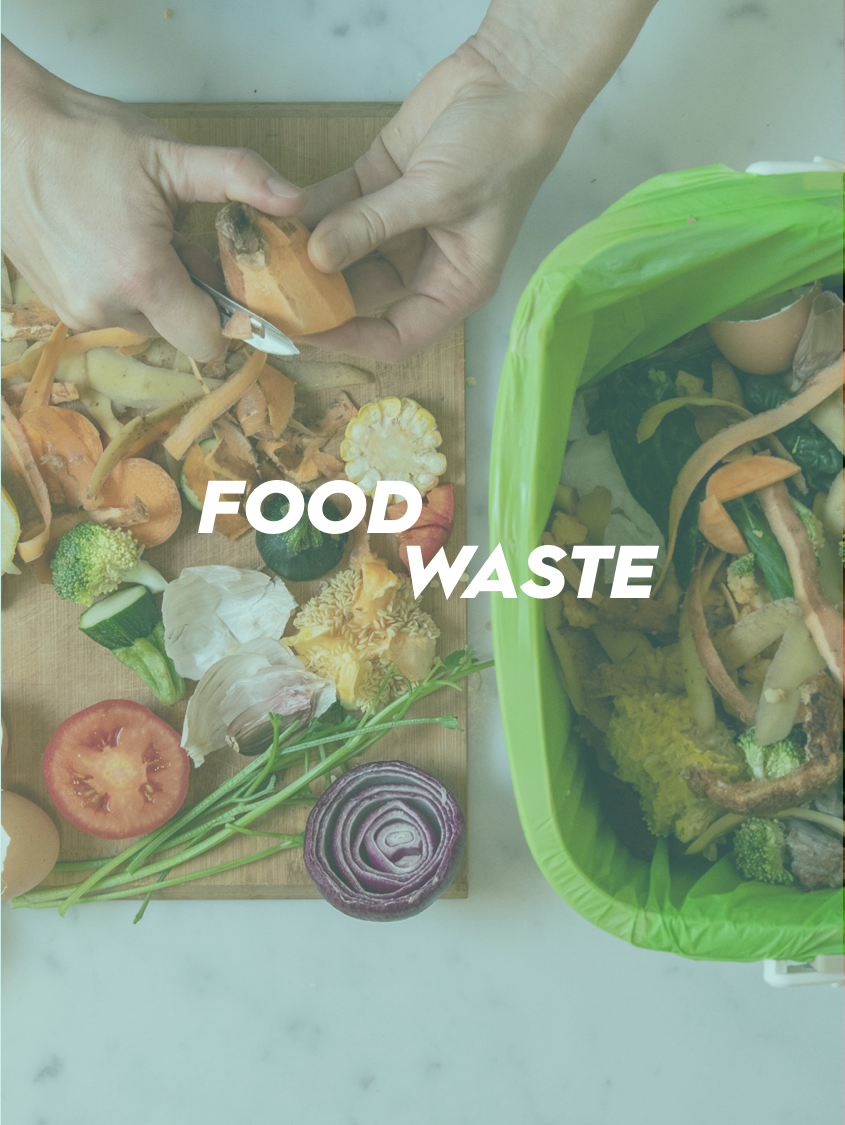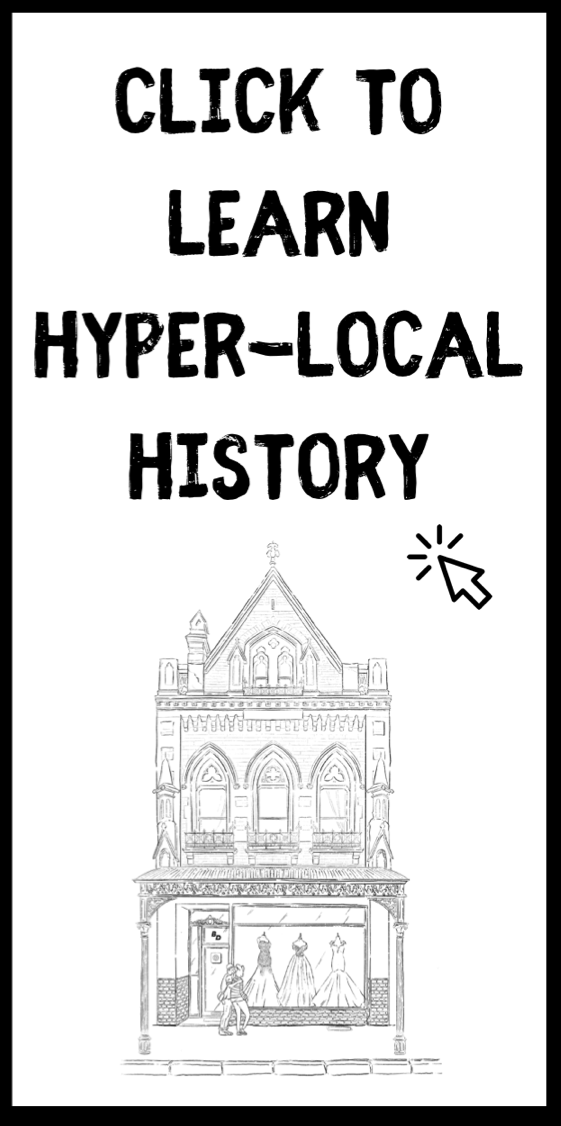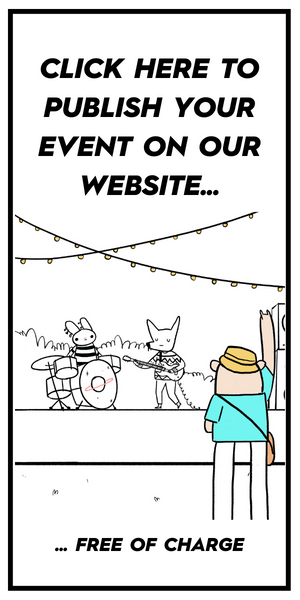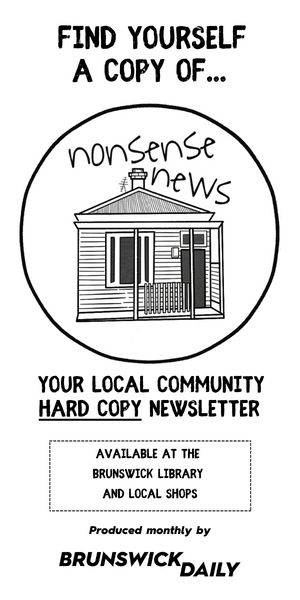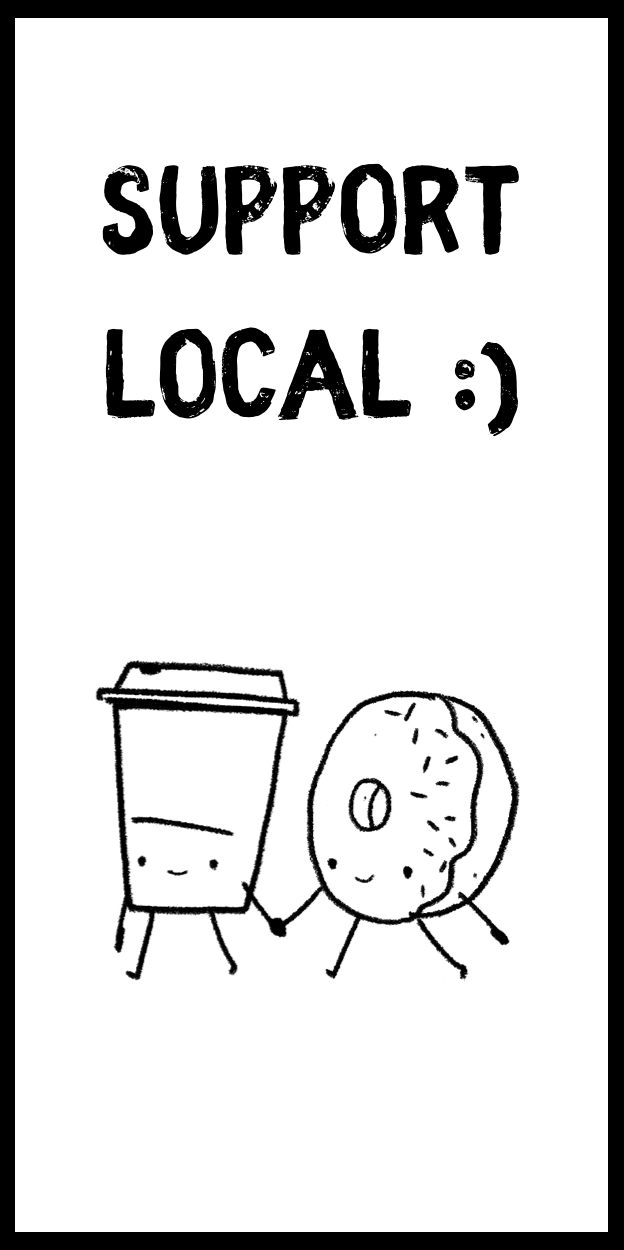Our climate is changing. We’re constantly bombarded by news, debates, and initiatives that build our concerns up. Questions like what planet will future generations inherit from us? or what are the actions that our governments should take to address this issue? or, one that I believe we should be asking ourselves is what can I do in my daily life to prevent global warming?
While there might be a wide array of answers to my last question above, this time I’m going to focus on something very specific and quotidian. I’ll focus on food waste disposal. Why? Because we all eat and produce organic waste, over half the material in Moreland garbage bins is food waste, and when placed in landfill for disposal, food and green waste produce a greenhouse gas called methane, which can be very harmful to our atmosphere.
So, here are a few things for you to consider next time you have food waste in your hands:
- Choose the right bin. First of all, in Moreland, hence in Brunswick, you are allowed to place your food in your garden organics bin. The one with the green lid. Do you want to repair or report a stolen one? click here to learn how. Do you want to resize? click here.
Image: Moreland City Council website.
- Collect your food waste in a separate container. I use a small bucket that I got in IKEA (see image below), you can also place your food waste in a large tupper-ware container, or you can collect your complimentary kitchen bench top caddy from Brunswick’s Customer Service Centre. If you use a plastic bag in your caddy remember not to place it in the green bin! (this applies to compostable bags too). Alternatively, you can line your container with a newspaper, a paper bag or a paper towel to reduce odour.
Image: author’s caddy 🙂
- Learn what can and what cannot go in your organics bin. Some of these are no brainers but take a look at the list and make sure you stick to it, you’ll save other people a lot of unnecessary work. IMPORTANT: Items labelled compostable or biodegradable such as nappies, plates, cups or cutlery cannot go in your organics bin.
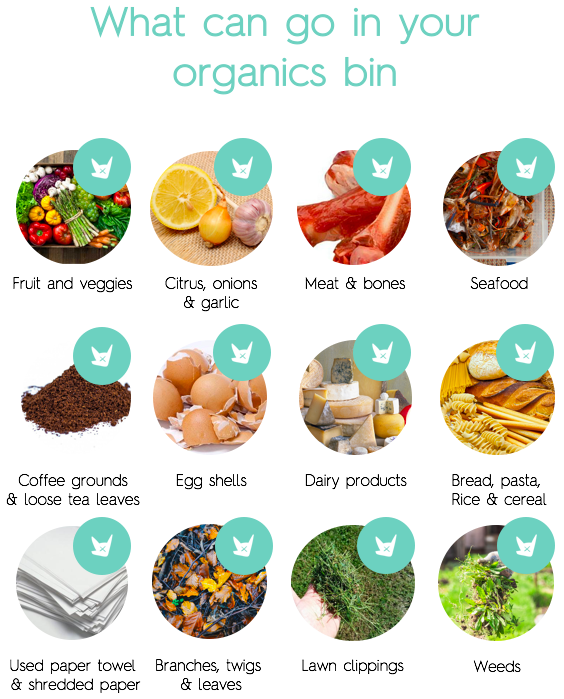

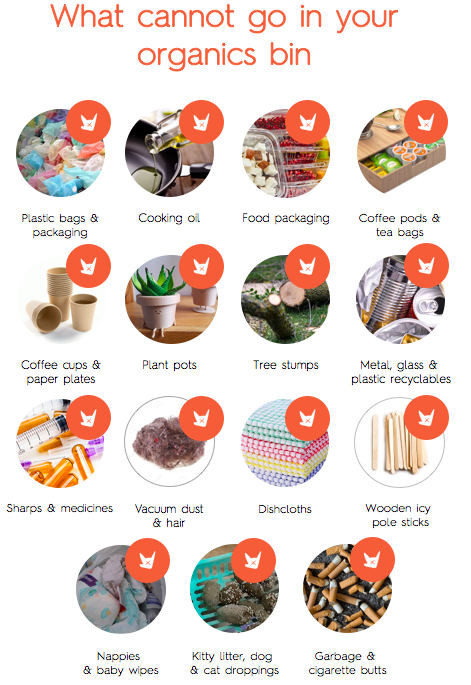

We produced the above using this document from Moreland City Council.
- Empty your food waste container into the organics bin and put it out for collection. You can use garden waste to line your bin to reduce mess and odour. Find out when your food and garden organics bin is collected.
Image: Moreland City Council
- What happens to your waste. By collecting your food waste you’re contributing to a cycle that benefits us all. There are many industries involved, more jobs are created, and most importantly we re-use what we waste. Moreland’s food and garden waste is taken to the Veolia organics recycling facility in Bulla. These guys use Australian-made technology to process and convert waste into usable compost within six days. That compost is used for many purposes including agriculture, so the banana you ate this morning may have been fertilised with a mandarine peel you put in your green bin a few weeks ago. Impressive, isn’t it?
We will keep posting articles of this sort for you to contribute to our environment. Let us know in the comments below if there are any daily initiatives you take that others can replicate to save our planet.

